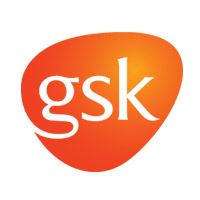
After four applications for FDA approval, Colgate Total was approved in 1997. Since then, multiple reports and studies have led scientists to describe triclosan use in toothpaste as a “huge risk.”

Among the studies were experiments done on mice and rats that showed fetal bone malformations that scientists link to disruption of the endocrine system and change in hormonal functioning. Colgate called the findings irrelevant. Two of these studies linked the chemical to lower-weight fetuses, irregular bone formation, and delayed bone formation in the skull, vertebrae and pelvis. Other experiments done on mice and rats include a 2012 study linking triclosan to reduced fertility in mice and a study in 2013 linking the chemical to lower sperm production and changed sperm shape in rats.
The potential dangers surrounding triclosan involve the disruption of the endocrine system. Newer science suggests that even small doses of some chemicals can affect hormone function, and one biochemistry and microbiology researcher described studies on triclosan as “almost a hallmark of endocrine disruption.” With more research being done due to a global rise in endocrine-related diseases and complications, some chemicals and environmental factors have been linked to problems such as breast, ovarian, and testicular cancer; low birth weight; early breast development in girls; and undescended testicles.

In 2010, the European Union banned triclosan in products that come into contact with food, citing a “rapidly developing scientific database,” which included studies on thyroid and hormonal effects. The first state to pass a triclosan ban, Minnesota will prohibit the sale of triclosan-based cleaning products, except those approved by the FDA, starting in 2017.
Whereas the FDA is responsible for protecting consumers from potentially dangerous products, sometimes FDA-approved drugs and manufacturer goods can lead to serious complications. The lawyers at Lopez McHugh, LLP are committed to helping victims who have suffered injury from dangerous pharmaceuticals and other products. We offer free, confidential consultations, so do not hesitate to call our office at 877-737-8525 to speak to one of our experienced attorneys.
